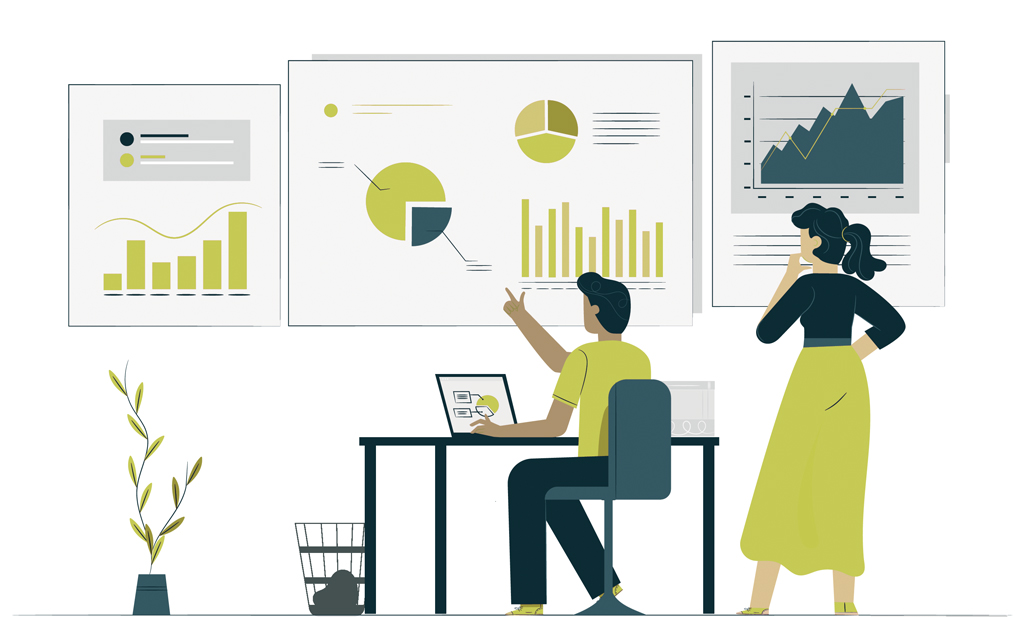Nowadays companies are more and more under the spotlight as for the impact they generate affecting communities and their territories. We are assisting to a growing demand for greater transparency regarding non-financial reporting coming from civil society, regulatory bodies, socially responsible investors, international organizations and also from national and international legislations (such as the groundbreaking EU Directive on the disclosure of sustainability and diversity information – Directive 2014/95/EU). In other words, stakeholders are calling for a transparent disclosure of information concerning the so-called ESG – environment, social, governance – issues within and related to business management.
As for the business world, it is fundamental to promptly respond to this growing call because the companies’ success will soon be more and more dependent on their capacity to generate value, to limit the use of resources and energy consumption, to avoid negative impacts – such as carbon emissions- and maximizing positive effects – i.e. job creation, high quality and sustainable products and services. It is not only a matter of a company’s better market competitiveness, but of businesses’ responsibility, as it is more and more perceived nowadays.
Therefore, for those companies wishing to keep up with their clients and stakeholders’ growing demands and preferences, and willing to fully comply with the new regulations, it’s time to pull up their sleeves and delve into the non-financial reporting world.
Identifying, measuring and reporting social, economic and environmental impact is equally important for private companies, non profit, third sector and public organizations!
